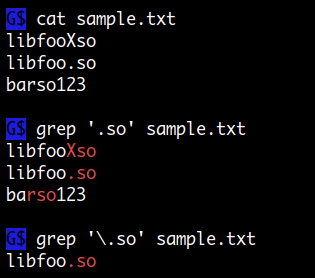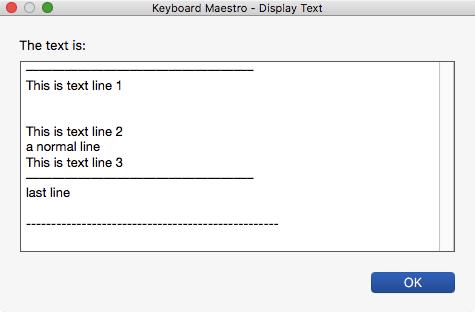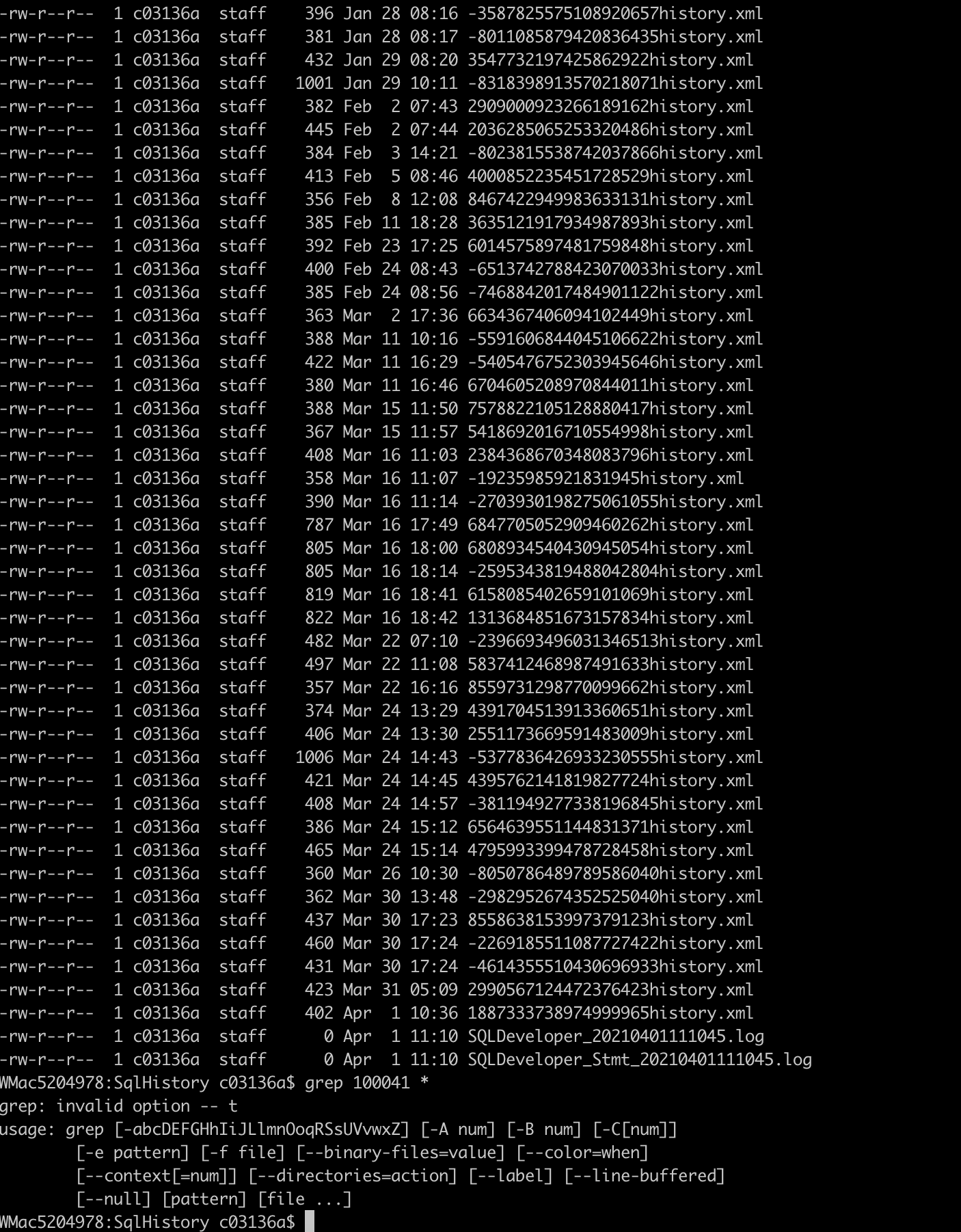

Commands: grep -E, sed -E (old GNU versions: sed -r) Regular Expressions in grep Regular Expressions is nothing but a pattern to match for each input line.Example: Instead of '\[' you can write \\[ (alternatively: "\[" or "\\[") in Bourne compatible shells like bash but this is another story. grep Global Regular Expression Print list of characters enclosed by and matches any single character in that list (if first character is the caret then. Regular expressions are similar to Unix wild cards used in globbing, but much more powerful, and can be used to search, replace and validate text. In this tutorial, we’ll explore the concept of returning a regex match in Bash.

In Bash scripting, we often use regex to search for specific patterns within strings or files. Questions about using Unix utilities in Ubuntu, such as grep, sed, and awk, have always been considered fine here. A regular expression (regex) is a text pattern that can be used for searching and replacing. Regular expressions (regex) provide a powerful tool for pattern matching and manipulation of text in various programming languages, including Bash. The characters which are special in some contexts like ^ special at the beginning of a (sub-)expression can be escaped in all contexts.Īs others wrote: in shell if you do not enclose the expression between single quotes you have to additionally escape the special characters for the shell in the already escaped regex. 1 This question differs from some questions about regular expressions by being explicitly about grep usage. In all the cases special characters are escaped by backslash \.
#Shell grep regex plus#
Plus the syntax is simpler (so it may be more quickly understood by many readers/maintainers).There are multiple types of regular expressions and the set of special characters depend on the particular type. 7 Answers Sorted by: 25 2 Things: As stated by Rory, you need the -o option, so only the match are printed (instead of whole line) In addition, you neet the -P option, to use Perl regular expressions, which include useful elements like Look ahead ( ) and Look behind (< ), those look for parts, but don't actually match and print them. With that way, it's clear your goal is to select lines that contain one thing but not another. There are several different flavors off regex. They use letters and symbols to define a pattern that's searched for in a file or stream. Regular expressions Regular expressions (regex) are a domain-specific language for finding patterns and are one of the key functionalities in scripting languages such as Python, as well as the UNIX utilities sed, awk, and grep. When grep is combined with regex ( reg ular ex pressions), advanced searching and output filtering become simple. If you want to display all lines that contain a sequence of four digits that is itself not part of any longer sequence of digits, one way is: grep -P '(? 
#Shell grep regex how to#
In this article you’ll find a regular expressions themselves and an example of how to extract matched IP addresses from a file with the grep command. Interpret PATTERN as a Perl regular expression. Matched IP addresses can be extracted from a file using grep command.

that contains a four-digit sequence but no longer sequence of digits (not even separately).įor example, (1) would display 1234a56789, but (2) wouldn't. The following regular expressions match IPv4 addresses.that contain a sequence of four digits that is itself not part of any longer sequence of digits, or.There are two ways to interpret this question I'll address both cases.


 0 kommentar(er)
0 kommentar(er)
